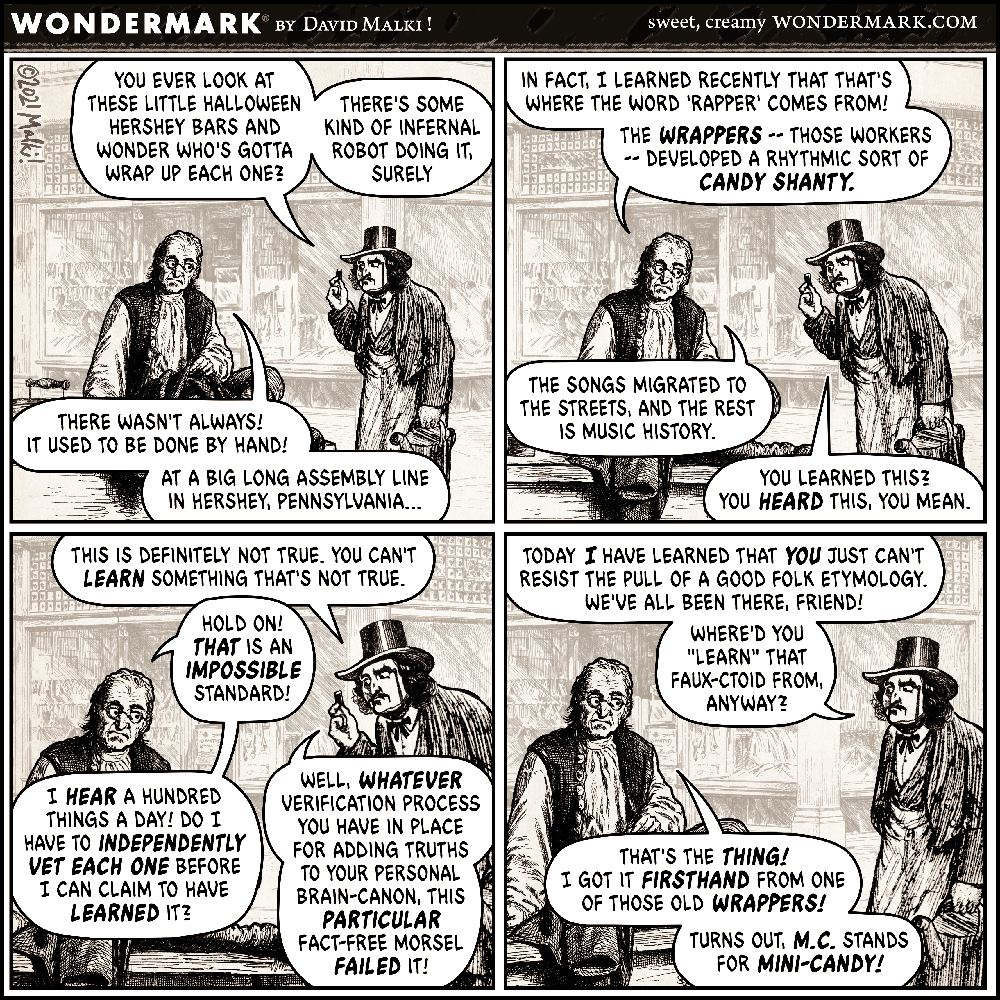New Year's acoustics
Poujol, Mathis, Régis Wunenburger, François Ollivier, Arnaud Antkowiak, and Juliette Pierre. "Sound of effervescence." Physical Review Fluids 6, no. 1 (2021): 013604:
Capillary bubbles burst at a free surface following a rapid sequence of events occurring at different length scales and timescales: hole nucleation, fast retraction of the micron-thick liquid film in a few microseconds preluding the much slower overall collapse of the millimeter-sized bubble in a matter of milliseconds. Each of these steps is associated with unsteady fluid forces and accelerations, and therefore with sound radiation. In this experimental study we focus on the airborne sound generated during bubble bursting. Investigating the physical mechanism at the root of sound emission with the help of synchronized fast imaging and sound recordings, we quantitatively link the film retraction dynamics with the frequency content of the acoustic signal. We demonstrate that, contrary to a Minnaert resonance scenario, the frequency here drifts and increases, consistent with a Helmholtz-type resonance of the cavity being more and more opened as the thin film retracts. We propose as an extension a simple model based on a collection of drifting Helmholtz resonators capturing the main features of the fizzing sound of an effervescing beverage.
Read the rest of this entry »

